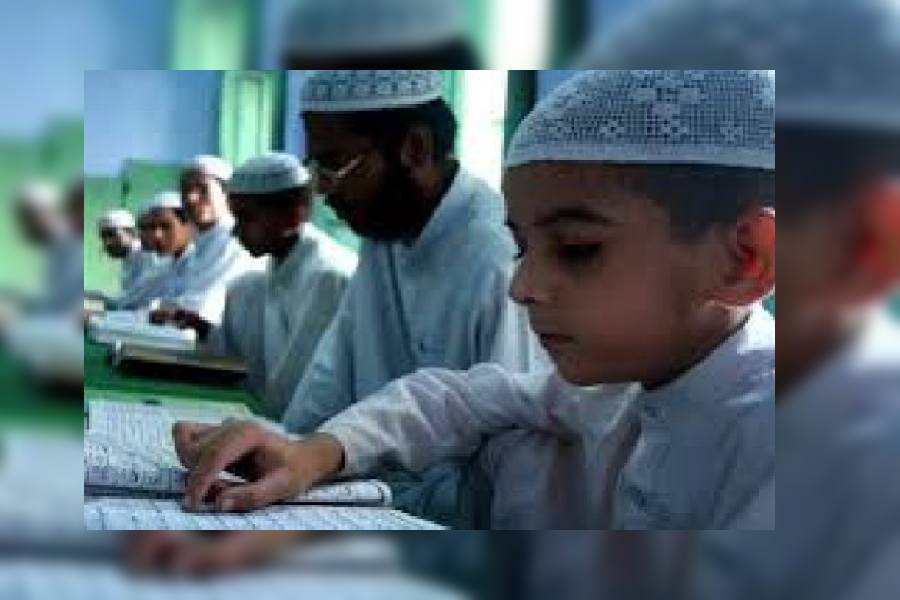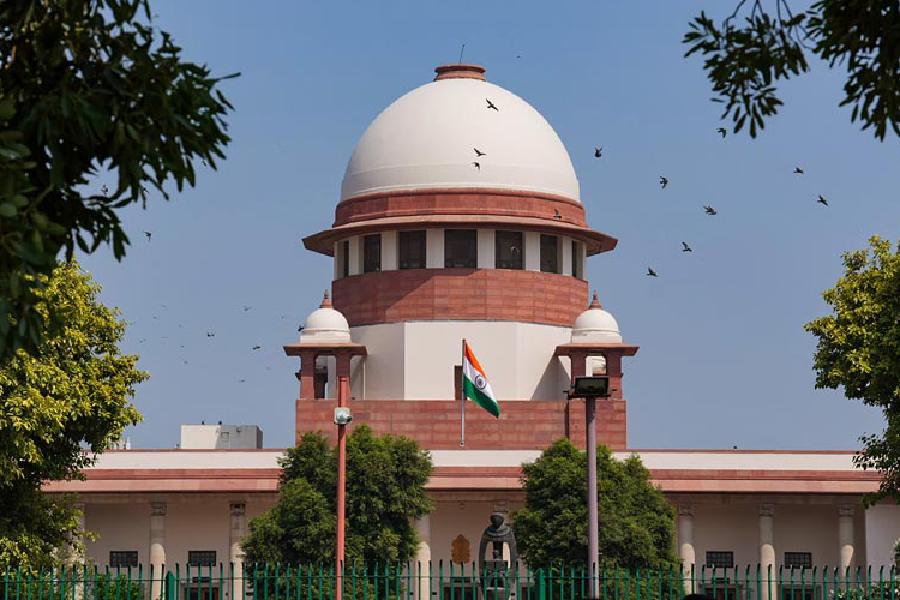NCPCR Chairman Priyank Kanoongo on Sunday raised serious concerns over the "radical" curriculum in government-funded madrasas of Bihar and the enrolment of Hindu children in such schools.
He also questioned the involvement of the United Nations Children's Fund (UNICEF) in designing such a curriculum for madrasas, calling it the "height of appeasement by both UNICEF and the Madrasa Board".
The National Commission for Protection of Child Rights (NCPCR) chairman called on the United Nations to investigate these activities and urged that the Madrasa Board be dissolved.
According to Kanoongo's recent post on microblogging platform X, textbooks such as Talimul Islam are being used in these institutions, which label non-Islamic individuals as "kafir" (infidels).
He noted with alarm that Hindu children are also reportedly enrolled in these madrasas, but the Bihar government is yet to provide official figures.
On the question of transferring Hindu children from madrasas to regular schools, the Bihar Madrasa Board reportedly stated that the madrasa curriculum was prepared by UNICEF India, Kanoongo said in his post and condemned it, saying it was the "height of appeasement" by both the bodies.
"It is not the UNICEF's job to create a radical curriculum using money received as donations and grants from governments, under the guise of child protection," read his post in Hindi on Sunday.
A reaction is awaited on the matter from UNICEF.
Many books included in the curriculum of these madrasas are published in Pakistan and research on their content is ongoing, the NCPCR chairman said.
"A madrasa is not a place for basic education of children in any form, children should study in regular schools and Hindu children should not be in madrasas at all," Kanoongo said.
Kanoongo further highlighted that the use of funds for activities outside the scope of the Right to Education (RTE) Act constitutes a violation of both the Indian Constitution and the United Nations Convention on the Rights of the Child (UNCRC) as he demanded a probe into these activities by the United Nations in India and the UN.
Except for the headline, this story has not been edited by The Telegraph Online staff and has been published from a syndicated feed.












